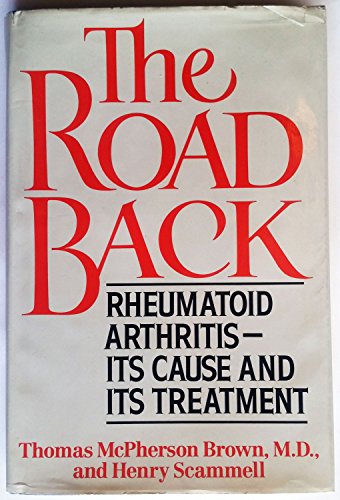

Ironically, Arnhild had just been granted her request of a bath by a doctor who had listened to her plea of wanting to be treated like a ‘normal’ woman, but then had her dignity quickly swept aside as two members of staff (and the entire audience) watched her undress and bathe.

The inclusion of full nudity in one scene of the play was rather unexpected, and potentially (or indeed intentionally) uncomfortable for the audience, but it highlighted how vulnerable and powerless individuals can feel while on a psychiatric ward. This also served as an important reminder that none of us are immune to the potentially devastating effects of mental ill health and that the perspectives of patients and professionals are equally valid.

Arnhild’s transition between ‘patient’ and ‘clinician’ identities was perfectly captured by the actors constantly interchanging between these roles during the play. This story of recovery reflects the more optimistic perspective adopted over the past two decades by the Early Intervention movement, which strongly focuses on getting young people back into education or employment rather than writing off their lives when schizophrenia is mentioned.

Through the support of her family and the staff that had faith in her ability to succeed and have a future outside of the mental health system, Arnhild found the strength to finish her schooling and is now practising clinical psychologist despite 10 years of being ‘lost in the forest’ of psychosis. It provided a relentless insult on the senses, not dissimilar from the overwhelming experiences of those in the acute stages of psychosis, punctuated by moments of humour and tenderness which provided welcome relief to the audience (and no doubt were crucial to Arnhild’s survival of often brutal internal and external attacks).ĭespite the fierceness of the play, the main message was one of hope. This play, staged by the Belarus Free Theatre company, was a powerfully insightful and highly emotionally charged portrayal of Arnhild Lauveng’s personal account of developing schizophrenia, her encounters with mental health professionals, and her long road to recovery.


 0 kommentar(er)
0 kommentar(er)
